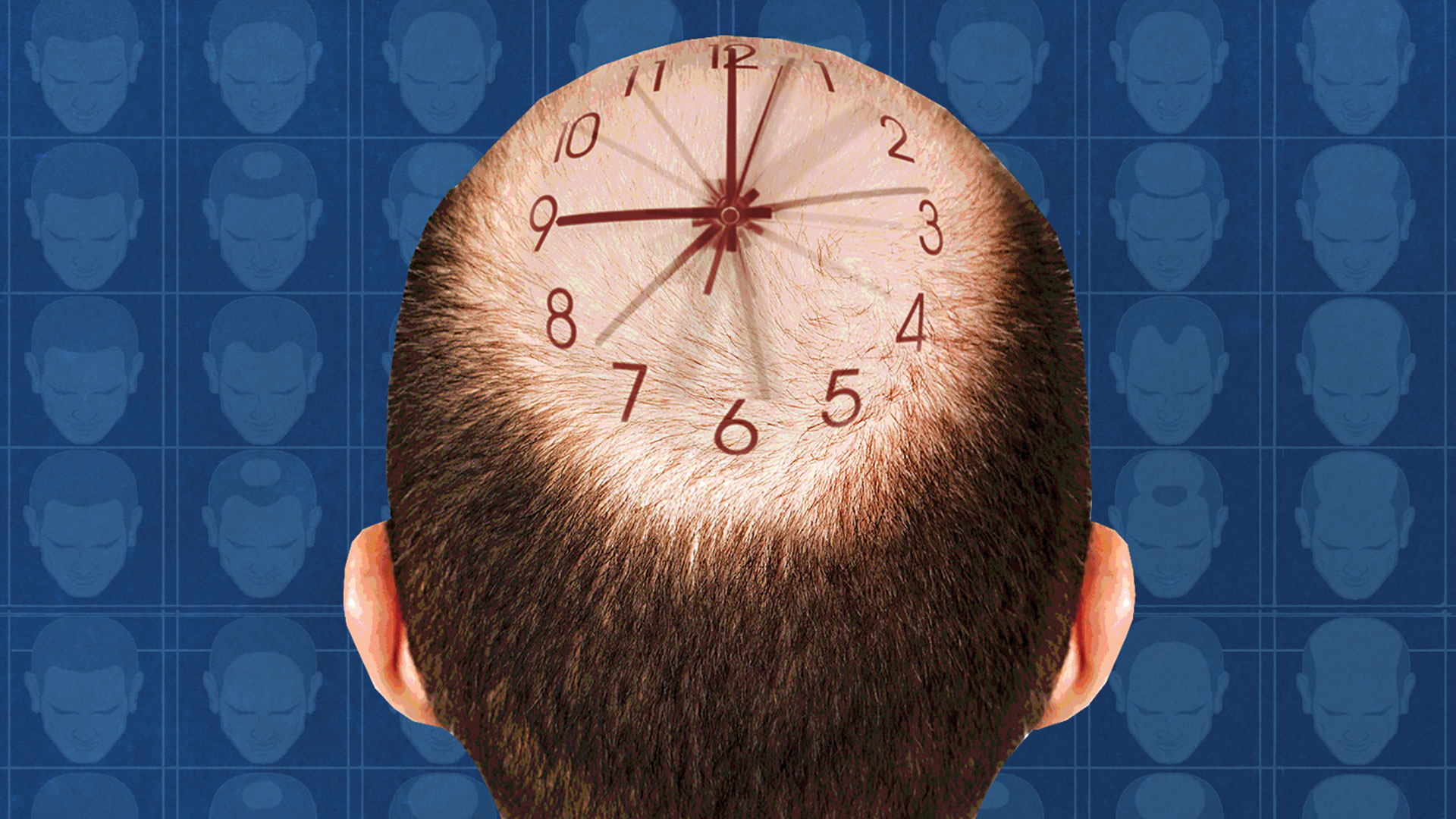Unilad followed, linking back to The Sun’s story, with: “Working Long Hours ‘Increases Your Risk Of Going Bald’”. Sister title LADbible also wrote an article on the study, opting for: “People Who Work Longer Hours Twice As Likely To Go Bald” and the chain continued from there with the Daily Mirror linking back to them for: “People who work longer hours are ‘far more likely to go bald’”.
Elsewhere, Mail Online places focus on the number of hours worked in its version, going for: “Working long hours could make you BALD: Spending more than 52 hours each week in the office ‘causes your hair to shed twice as quickly’” while the Daily Star took the same approach, albeit in far more abbreviated fashion.
But is this true?
Facts. Checked
The study does find a link between hair loss and long working hours – however, it did focus on alopecia and this is a crucial differentiation that some of the news stories do not outline sufficiently.
The report, titled: “Relationship between working hours and probability to take alopecia medicine among Korean male workers: a four-year follow-up study”, looks at the hair loss condition which the British Association of Dermatologists suggest could be triggered by stress.
In South Korea, there were 194,000 alopecia cases in 2011 – up 28,000 from 2007 levels – and the report searches for a link between that rise and long working hours.
Workers who were quizzed for the study were split into three groups: men who worked 40-hour weeks, long hours up to 52 hours a week and a group that worked even more hours than that.
It is fair to say – as most notably The Sun does – that the risk of alopecia does double between working hours for men in their twenties. The alopecia development rate of 8.3 per cent for men who work longer hours is double the 4.1 per cent seen in the less than 40 hours work group.
But when it comes to concentrating on alopecia specifically, some of the stories do little to differentiate this from male pattern baldness, a more common hereditary condition, and this can be misleading for readers, especially when you consider that alopecia affects two in every 1,000 people in the UK.
The Daily Star is a main offender here with no mention of the word alopecia, while the Daily Mirror restricts mentions to the quotes of lead researcher Kyung-Hun Son. By contrast, despite its light-hearted headline, The Sun does include a specific section on alopecia while Mail Online includes a fact box that discusses it, making them the outstanding cases here.
Son and his team in South Korea conclude that their findings show that alopecia is a “potential health consequence” of working long hours and that “preventative interventions” are needed to slash the amount of time people spend at their desks.
So while reporting of the study did get the specific findings right, the general use of the term ‘baldness’ may have made the story appealing to a wider demographic, but it does crucially lose sight of what the original report was studying.
Image: Miles Cole









